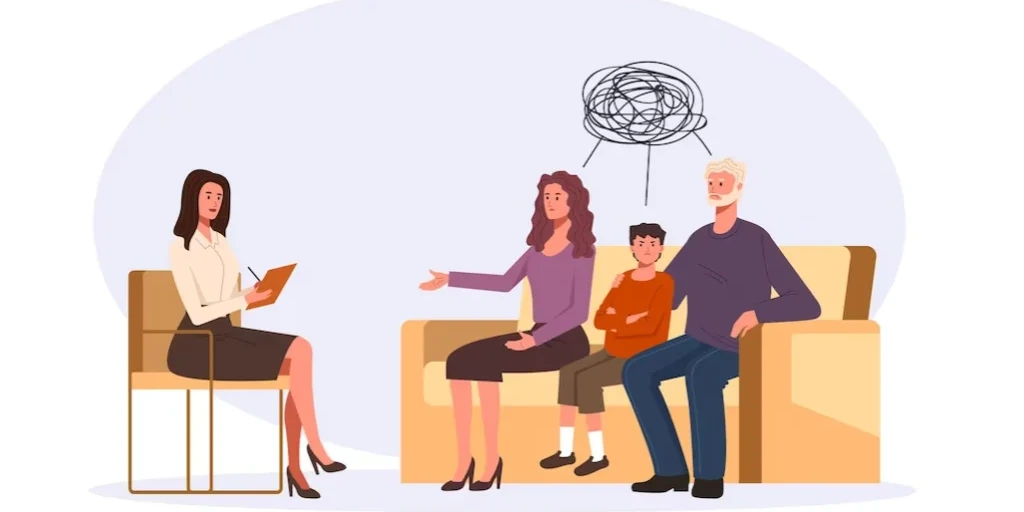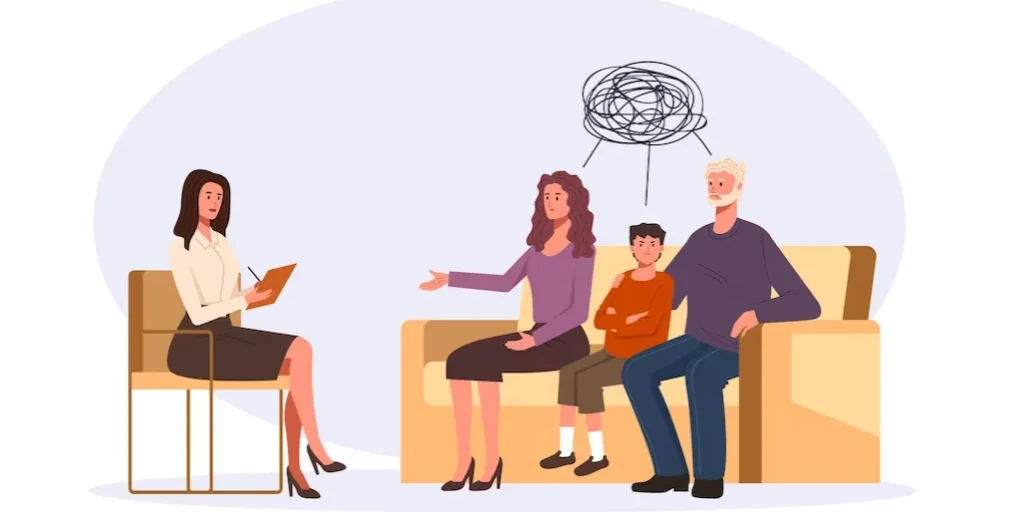24/7 Helpline:
(866) 899-221924/7 Helpline:
(866) 899-2219
Learn more about Individual Therapy centers in Allen County

Other Insurance Options

Cigna

Regence

Private insurance

UMR

EmblemHealth

Amerigroup

Premera

Ambetter

Group Health Incorporated

Multiplan

Health Net

Optima

GEHA

UnitedHealth Group

MHNNet Behavioral Health

American Behavioral

Medical Mutual of Ohio

Magellan Health

CareSource

United Health Care

Time Out Community Counseling and Correctional Services
Time Out Community Counseling and Correctional Services offers outpatient treatment for individuals ...

LifeSkills Service Center – Allen County
LifeSkills Service Center – Allen County is a private rehab located in Scottsville, Kentucky. LifeSk...

More to Life Counseling
More to Life Counseling offers faith-based and evidence-based counseling services for individuals, f...
































































